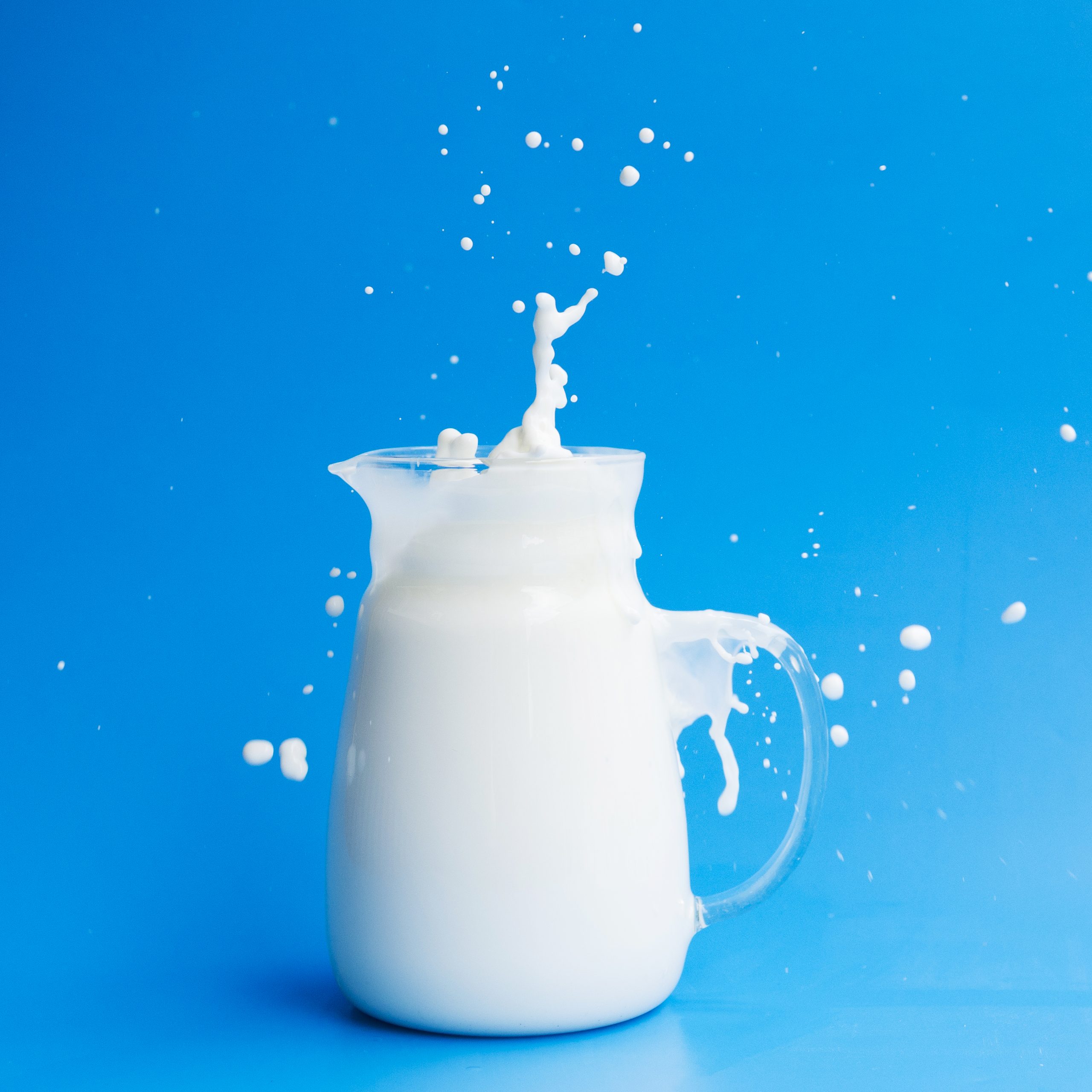Dairy milk is very much a staple food in Western diets. When we’re young, we’re taught by our parents and at school that milk is great for building strong, healthy bones. In more recent years, the trend to cut out dairy milk to replace it with alternatives like almond or oat milk has gained momentum. We see claims that dairy causes acne, inflammation, bloating, heart disease, diabetes and even cancer! But is there any truth to these claims? Do you really need to avoid dairy milk to be healthy? We’re here today to break down the evidence for you, so you can decide for yourselves.
What claims are made against dairy milk?
One key argument you often hear against dairy is that it’s unnatural to consume the milk of other animals, and to do so beyond infancy. We don’t believe that this argument holds up because there are plenty of other foods in the human diet that can’t be considered natural to eat. We’re yet to see a bird baking cupcakes or meat pies. Our diets shouldn’t really be compared to those of animals; we have different nutrition requirements from them, and they all have different nutrition requirements from us and each other.
Other claims is that its consumption is linked with the risk of heart disease, obesity, certain cancers and acne. There is not sufficient evidence in current research to convince us of this. This is because it’s very difficult to assess the effect of one single food or nutrient in a diet. Instead, an overall healthy eating pattern that does include dairy milk is actually linked with a reduced risk for these diseases! In 2019, the Australian Heart Foundation updated their position on including dairy milk in a balanced diet, recommending that we do consume it as part of a healthy pattern. They did this because there is not enough evidence to avoid dairy to improve heart health. However, if you do have elevated cholesterol or existing coronary heart disease, it is still recommended that you choose low-fat dairy products.
Next, let’s talk about acne. There is some evidence to suggest that dairy milk consumption could be linked to acne in some people, but this is not the case for every person with acne. In these circumstances, an individualised approach is recommended.
If you have a dairy allergy, then milk is definitely not a healthy option for your body and you should choose an alternative. In terms of lactose intolerance, most people find that they can still consume dairy in small amounts. If not, choosing lactose-free option is a suitable replacement that provides the same nutritional value.
What are the health benefits?
Dairy milk has plenty of health benefits when it’s consumed as part of an overall healthy diet. It’s rich in protein, which is involved in keeping muscles strong and helping them to repair after exercise. Protein also adds satiety, which keeps us fuller for longer. This makes dairy milk a healthy component of a diet, even if weight management is your goal.
In addition to protein, dairy milk also provides us with essential micronutrients, including calcium. Calcium plays an essential role in bone health, and a poor intake of calcium from the diet over time can lead to it being taken from the bones to be used for other body functions. This can cause bones to become weak, brittle, prone to breakage, and increases the risk of developing osteoporosis. If you are swapping out dairy milk for a milk alternative, we recommend checking that it is fortified with a comparable amount of calcium to dairy milk.
Dairy milk also provides us with vitamin A, vitamin B12, potassium, magnesium, phosphorus and carbohydrates. There’s a reason many athletes consume milk after training or sport! These nutrients are essential for recovery, particularly the electrolytes sodium, potassium and magnesium. It’s also great to have protein and carbohydrates packaged up nicely into one drink that supports the recovery process post-exercise.
What is the healthiest milk?
Dairy is our main natural source of calcium in the diet, so when we compare it to alternatives, it’s the first nutrient content we look at. In general, a 250 ml cup of milk provides us with around 300 mg of calcium. The recommended daily intake is 1 000 mg a day, but this increases to 1 300 mg per day for women who are older than 52 years, adolescents, and men who are older than 70 years. If you switch from dairy to an alternative, you need to make sure you’re getting the same amount of calcium as before, since dairy milk is where most of us get our daily dose.
The bottom line is that dairy milk is a highly-nutritious food, and can form part of a balanced diet to support long-term health. However, if you have a dairy milk allergy, intolerance or other reason for not consuming dairy milk, alternatives can also be part of a healthy diet as long as nutrient needs are being met. If you are cutting any food from your diet due to allergy, intolerance or dietary restriction, we have a host of experienced expert dietitians who will be able to help you ensure you’re getting everything you need from what you can eat. Book your appointment with us today, and don’t forget to follow us on Instagram to stay in the loop for more nutrition news.



